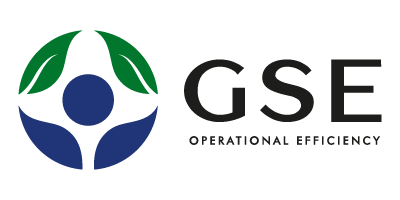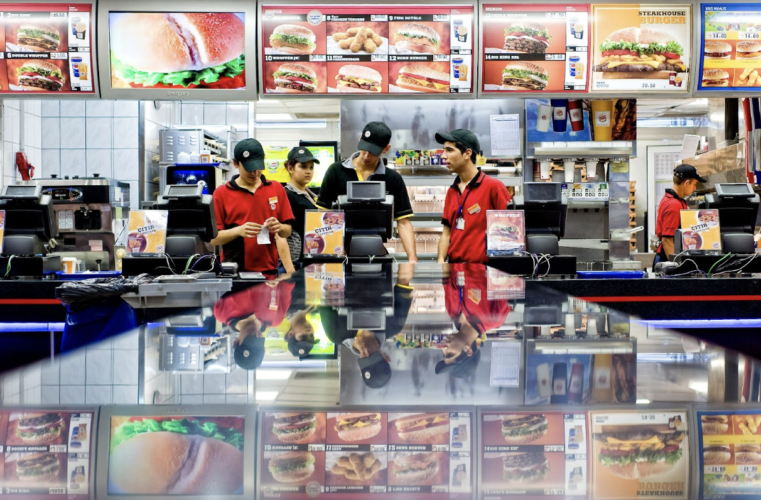Fast-food restaurant dining has been growing in popularity for years now, as customers have increasingly sought healthy or quick options when eating out on-the-go.
But as the energy efficiency trend continues to take off for fast-food restaurants, consumers are becoming increasingly conscious of where their food comes from and what it does to the environment before they get to eat it.
The restaurant industry has been under fire for not reducing their carbon footprint in fast food for a while now. It is also responsible for 1/3 of all the greenhouse gas emissions in the U.S. alone. To combat this, more and more fast-casual restaurants are embracing eco-friendly initiatives, such as switching from plastic to paper straws.
Energy efficiency and environmental awareness are two hot topics in food. It is one of the fastest-growing industry interests today.
Let’s look at how restaurants can incorporate demand response and energy efficiency for their fast-food franchises.
Energy-Saving Trends in Fast-Food Restaurants
There are many energy-saving trends in the food industry. One of the biggest trends today is going green.
Consumers are very conscious about what they eat and drink. Therefore, they are looking for products that are made with clean ingredients and are produced in a safe and eco-friendly manner.
This is why many consumers are willing to pay extra for healthy foods that are organic and are grown locally. Another trend in the food industry is the rise of fast-casual restaurants.
These are many places and chains that offer quick service but that still maintain high standards. Fast-casual restaurants can offer healthier options than most full-service restaurants. They offer fresh, healthy meals prepared quickly. As a result, many people have started to prefer these fast-food restaurants over traditional dining.
It has been reported that the number of fast-casual restaurants in the U.S. alone is growing at a rate of 7 percent per year. This is much faster than the growth rate of the overall restaurant industry.
The Importance of Energy Efficiency in Restaurants
Energy efficiency is crucial in restaurants because it can help reduce the business’s costs. In addition, it can help to conserve resources, which can benefit the environment. In fact, with ESG for franchisees being a requirement, many restaurants are now required to operate at a certain level of energy efficiency to remain in business.
Restaurants use a lot of energy. The primary source of energy that they use is natural gas. Natural gas is a fossil fuel, and it is very cheap. However, using this type of fuel can have a negative impact on the environment. Because of this, restaurants must become energy efficient.
By becoming energy efficient, restaurants can help to save money and protect the environment. If you are a restaurant owner, you should consider going green because it can help you save money and protect the environment. In addition, many restaurants are now required to operate at a certain level of energy efficiency to remain in business.
For example, some states have enacted laws requiring restaurants to meet a certain energy efficiency standard. This can help restaurants reduce their energy bills and reduce the amount of natural gas they use. It can also help them to reduce their carbon footprint.
The Impact of Energy-Efficient Trends in Fast-Casual Dining
There are several reasons why energy efficiency is essential.
First, it is vital to the environment. For example, people who eat at a restaurant can contribute to the pollution causing climate change.
Second, the food industry is one of the most energy-intensive industries.
Third, when restaurants are energy efficient, they can save money. This means that they can use the money saved to hire more employees.
Fourth, if you have a restaurant, you should be concerned about energy efficiency because it is an excellent way to reduce energy bills.
GSE specializes in helping companies reduce their carbon footprint. We provide energy management services that allow you to efficiently utilize existing resources and provide energy savings, environmental benefits, and improved operational efficiency. We help our clients to manage energy use effectively, reduce costs, improve the bottom line, and positively impact the planet.





